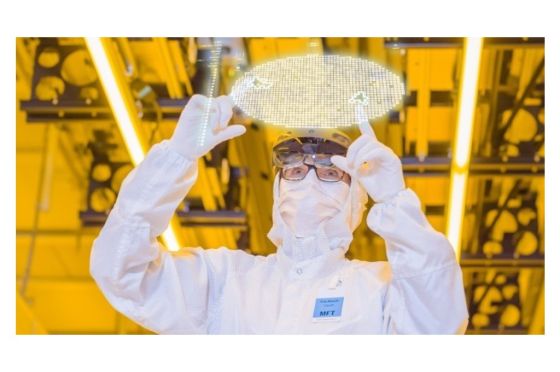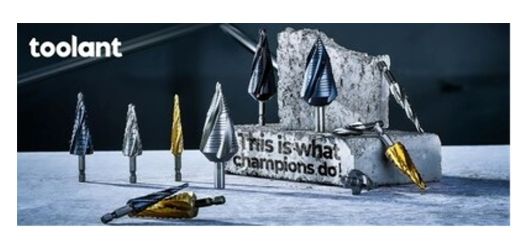
Semiconductors are an integral part of all electronic systems – they drive modern technology and Bosch is investing billions of euros to strengthen its own semiconductor business. By 2026, Bosch plans to invest another three billion euros in its semiconductor division as part of the IPCEI funding program on microelectronics and communications technology. “Microelectronics is the future and is vital to the success of all areas of Bosch business. With it, we hold a master key to tomorrow’s mobility, the internet of things, and to what we at Bosch call technology that is ‘Invented for life’,” says Dr. Stefan Hartung, chairman of the Bosch board of management.
One of the projects Bosch plans to fund with this investment is the construction of two new development centres – in Reutlingen and Dresden – at a combined cost of over 170 million euros. In addition, the company will spend 250 million euros over the coming year on the creation of an extra 3,000 square meters of clean-room space at its wafer fab in Dresden. “We’re gearing up for continued growth in demand for semiconductors – also for the benefit of our customers,” Hartung said. “For us, these miniature components mean big business.”
This new investment in microelectronics opens up new areas of innovation for Bosch. “Being a leader in innovation begins with the very smallest of electronic components: semiconductor chips,” Hartung said. New fields of innovation at Bosch include systems-on-a-chip, such as the radar sensors a vehicle uses to perform 360-degree scans of its surroundings during automated driving. Bosch will now be looking to enhance such components, making them smaller, smarter, and also cheaper to produce.
A further focal point at Bosch is the production of new types of semiconductors. At its Reutlingen plant, Bosch has been mass-producing silicon carbide (SiC) chips since the end of 2021. These are used in the power electronics required for electric and hybrid vehicles. On the back of powerful market growth, demand for SiC chips remains high, meaning full order books for Bosch. In a bid to make these power electronics more affordable and more efficient, Bosch is exploring the use of other types of chips as well. “We’re also looking into the development of chips based on gallium nitride for electromobility applications,” Hartung said. “These chips are already found in laptop and smartphone chargers.” Before they can be used in vehicles, they will have to become more robust and able to withstand substantially higher voltages of up to 1,200 volts. “Challenges like these are all part of the job for Bosch engineers. Our strength is that we’ve been familiar with microelectronics for a long time – and we know our way around cars just as well.”
Bosch is the automotive industry’s leading company for the development and manufacture of semiconductors. These chips are used not only in automotive applications but also in the consumer goods industry. Bosch has been active in this field for over 60 years. Among the semiconductors manufactured in Reutlingen and Dresden are application-specific integrated circuits (ASICs), microelectromechanical systems (MEMS) sensors, and power semiconductors. Bosch is also building a new test centre for semiconductors in Penang, Malaysia which will test finished chips and sensors from 2023.


